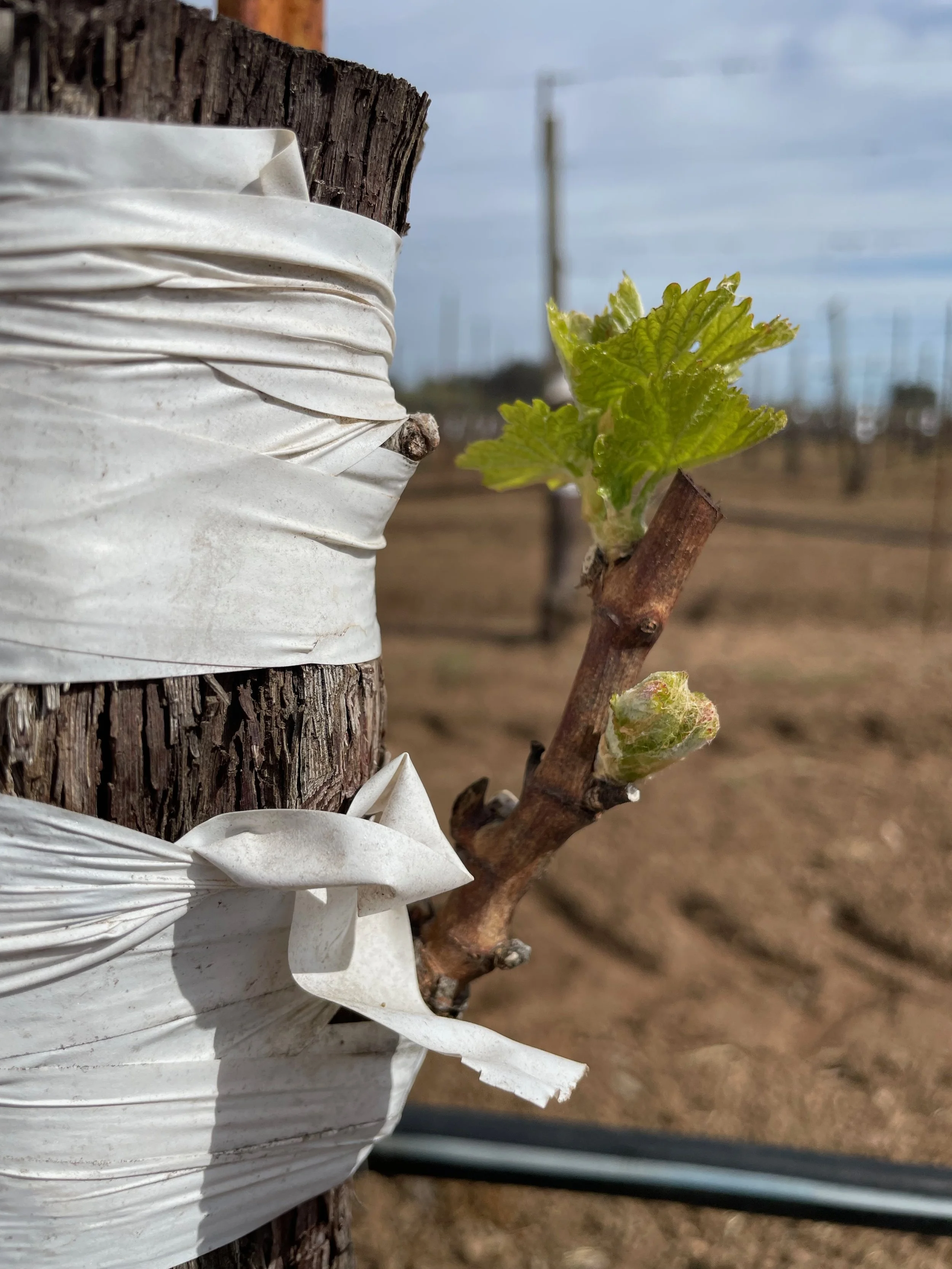Day 16: If you remain in me and I in you, you will bear much fruit
The temperature has dropped, and the night breeze is chilly. Jesus pulls his cloak a little tighter around his body, holding it in place with his arms crossed in front of his chest. Sitting among the vines, Jesus is the picture of someone who is settled and has lived in a place long enough to plant a vineyard that bears fruit. He is aware of the paradox. He has no home, and he has called the disciples to follow him away from their homes. For the last few minutes, he has intentionally been using the word meno… remain: “remain in me,” “remain in the vine,” implying both a choice and a state of being. He knows he must repeat this new concept of being IN, of choosing to remain in him, even as he has modeled remaining in the Father. He tips his head to the side and considers the consequences of the choice before them. Straightening his back with resolve, he points to them, back to himself and states the condition.
“If you remain in me and I in you,”
…motioning back to them, he spreads out both hands and smiles, while slowly stating the sweet consequence…
“you will bear much fruit.”
Maybe he restates it emphasizing IF and WILL. The disciples' faces brighten slightly and Jesus sees a few nods and smiles.
The Greek word meno can be translated several different ways into English – remain, abide, stay, live, dwell – but it always carries the idea of an extended stay, putting down roots, living long in a place and making it home. Getting comfortable. Nesting. Putting our feet up on the coffee table. If we make our home in Jesus and let Jesus take up residence in our life, the result of this is, very naturally, fruitfulness. To remain… to meno…is the core principle of our spiritual life.
Vineyard Metaphor
The deep and necessary connection between the vine and the branches can be understood through many analogies, but grafting–a propagation technique that involves inserting a new shoot in a current vine rootstock– shows the importance of the connection.
The vineyard manager first purchases or properly prepares dormant scions to use in the grafting. A scion (pronounced “zion”) is a cutting of a healthy vine with one or two buds already “pregnant” with the DNA of the target varietal.
Working quickly, with clean tools (this is surgery!), the vineyard manager will cut a slit in the vine, invading the flesh of the vine. Then the scion will get a fresh cut to create a small wedge that reveals the living tissue inside. The wedge is inserted into the slit in the vine, matching the living tissue of the vine with the living tissue of the scion. The scion is then tightly secured with twine or grafting tape to the vine so the living tissues will stay tightly connected. The next few days and weeks will be critical. The scion will live, and eventually produce fruit, only if the connection is tight, melding the living tissue of the scion with the living tissue of the vine so they can begin to transfer nutrients back and forth. Once the scion has become one with the vine – once the scion has remained in the vine and has begun taking nutrients from the vine – it will grow into a branch and be fruitful.
Reflection and Meditation
Imagine yourself as a scion.
God has implanted a beautiful DNA in you and wants you to be fruitful. To bear much fruit, you need to be tucked into or attached to the true Vine. The little covering you have has been cut away to reveal your tender inside and you are ready to be attached to the vine. The Vine has suffered a deep cut to make a place for you to be grafted in. The Gardener carefully inserts your living tissue into the living tissue of the Vine and wraps it all together knowing that the life of the Vine will begin to feed you, the tiny scion. If you stay, or remain, tightly connected, you will grow and produce much fruit.
As you ponder this metaphor, what comes up for you? What do you feel?
How do these words resonate with you: connected… loved… held… life… remain… dwell… exposed… painful cut… Are there other words that come to mind?
Take a moment to talk to Jesus, the true Vine. Talk to the Gardener. Talk to the life-giving Spirit that is pushing new life into you.
Rest and Remain.
“Our goal is to love God with our whole being, to be consistently conscious of God through our daily life–whether we are stopped like Mary, sitting at the feet of Jesus, or active like Martha, taking care of the tasks of life. ”

